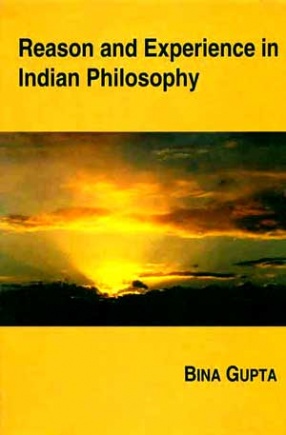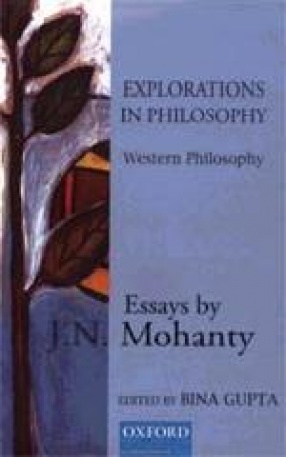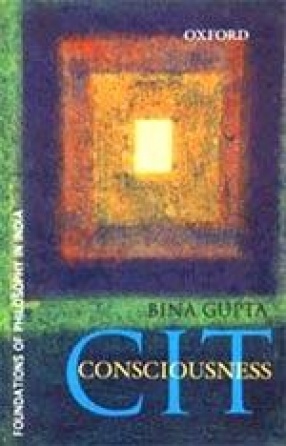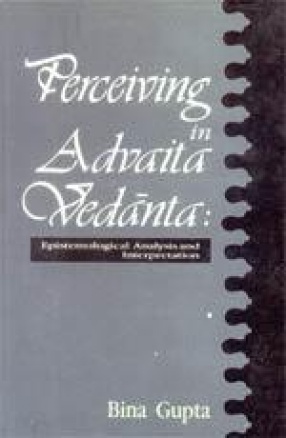
Showing all 5 books





Reason and Experience in Indian Philosophy is a philological and critical analysis of two crucial philosophical concepts, viz., "reason" and "experience." The study shows that, though there is no word in Sanskrit which may be taken as equivalent of Western "reason" and "thought," such terms as "tarka," etc., clearly capture parts or aspects of what is meant by "reason" and "thought" (Denken). ...

This volume is a collection of essays written by the renowned philosopher, J.N. Mohanty. Covering a span of over 25 years (1970-97), the essays provide insights into Mohanty’s vision of phenomenology in general and Husserl’s ideas in particular. The essays in the first part are directly concerned with the phenomenological method and central themes of phenomenology, especially the concept of intentionality. The essays in the second part deal with certain ...

Theories of consciousness form a cornerstone of the Indian philosophical tradition. CIT, the first volume in the foundations of philosophy in India series, offers a wide-ranging and penetrating survey of the myriad conceptions of consciousness in classical Indian thought. Based on careful philological and phenomenological analysis of classical philosophical Sanskrit sources, Bina Gupta presents interpretations of the theories of consciousness in the Upanisads, ...

Advaita Vedanta is the non-dualistic school of Vedanta primarily explicated by Samkara (ca. 788-820). The purpose of this study is to undertake an analysis of the epistemological issues inherent in the Advaita Vedanta theory of the knowing and the known, to explicate their two tiered theory of knowledge from a phenomenalistic perspective, and at the same time to make sense of the over-arching unity that prevails over the duality and division. The interpretation ...

